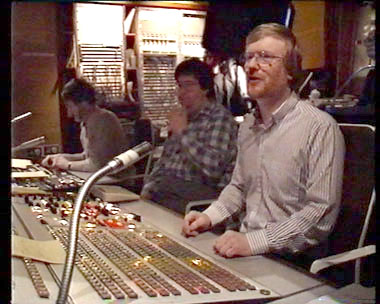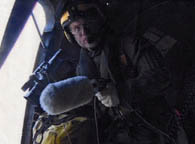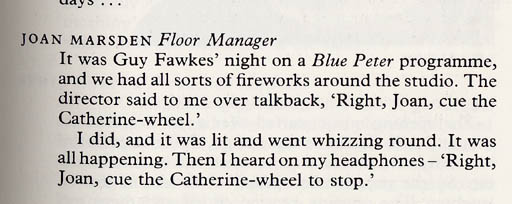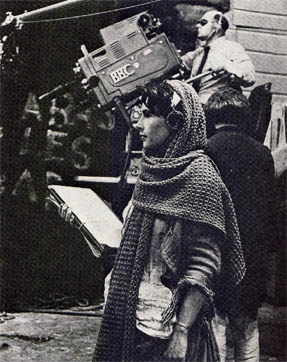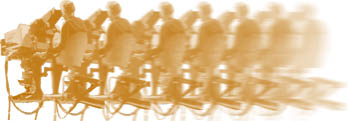This is the third generation at Television Centre and soon itself to be replaced. My wife Pauline is in charge just before she left the job of network director
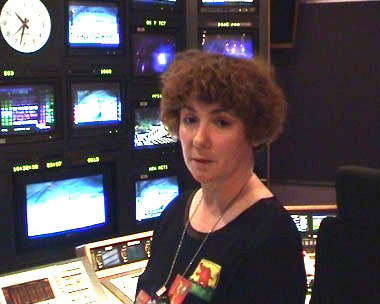
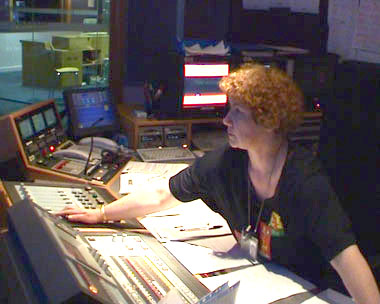
I met the engineer who took the studio apart the other week, and he tells me that the Grass Valley went for spares for another in Manchester. Sad - I would have liked a chunk to keep, I spent a good number of years sat in front it.
